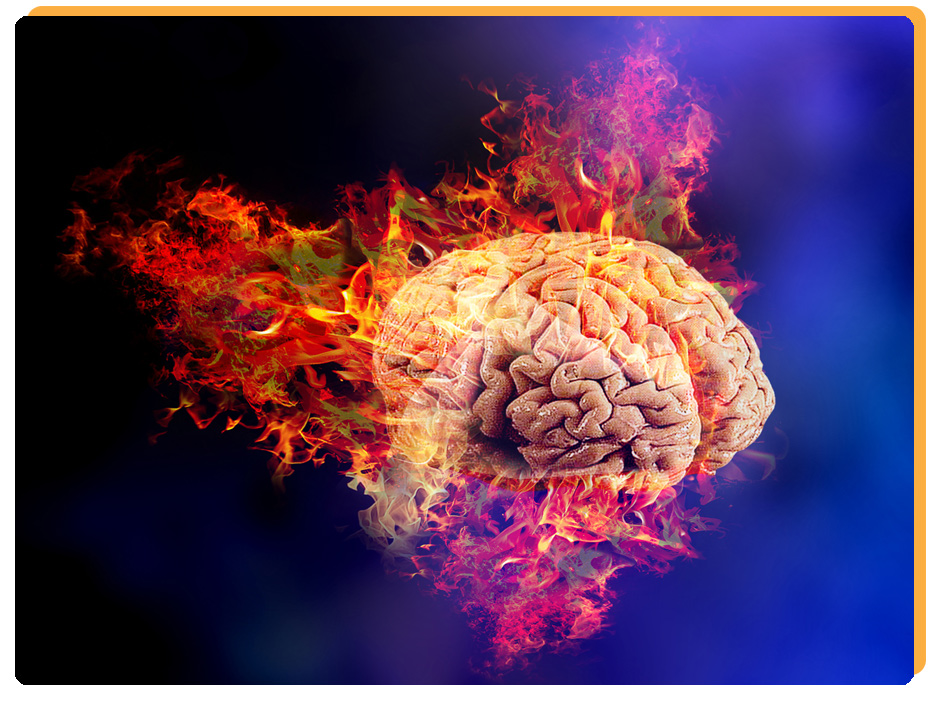Why won't my anxiety go away?
Anxiety Disorders
Anxiety is a normal emotion that is healthy and not unusual during life’s stressful moments. But when the anxiety is persistent, will not go away and involves recurring intrusive thoughts or concerns the individual may suffer from an anxiety disorder.
An anxiety disorder can be caused by multiple factors, such as genetics, environmental stressors and medical conditions. New research also indicates that chronic anxiety symptoms that will not go away and are treatment resistant may be due to an autoimmune dysfunction, triggered by common infections.
Can infections cause anxiety that won’t go away?
Anxiety disorders fall into different categories depending upon the symptoms. An individual may suffer from generalized anxiety, panic attacks, phobias and social anxiety. A child may exhibit sudden onset of severe anxiety when leaving a parent’s side. This is known as separation anxiety and is often seen in children with PANS and PANDAS.
In some people, infections can trigger symptoms such as irrational fears typically associated with an anxiety disorder. For example, viral infections in childhood (i.e. chickenpox, measles, mumps) have been found to not only precede but also contribute to the risk of developing social phobias. 2
Whooping cough, scarlet fever, mumps, diphtheria, typhus and dysentery have all been linked to an increased likelihood of having an anxiety disorder in adults. 3 And influenza, varicella-zoster virus (known to cause chicken pox and shingles), HIV/AIDS, hepatitis C 4 and cytomegalovirus (CMV) 5 have been implicated in anxiety and depression.
Childhood infections may increase risk of anxiety disorder
Additionally, children who develop a severe infection in their first year of life may be at greater risk of developing an anxiety disorder later in childhood and adolescence. 6
“The data suggest that early severe infection may be related to increased likelihood of major depression, overanxious disorder, separation anxiety, and specific phobia, compared to those without infection, who were not exposed to infection early in life.” 6
Could your anxiety be due to an immune dysfunction?

Take Our Quiz
Answer a few questions to find out if you might benefit from testing with the Autoimmune Brain Panel™.

Learn More About Testing
Are you struggling with treatment-resistant anxiety? It may be due to an autoimmune response.


Immune dysfunction may result in anxiety symptoms
When an infection enters the body, the immune system produces antibodies to destroy the harmful substance. But in some people, these antibodies mistakenly attack healthy cells in the brain. This can disrupt normal functioning of the neurotransmitters and lead to the onset of symptoms that mimic psychiatric illnesses, such as anxiety that will not go away and depression.
Individuals who have anxiety symptoms that appear suddenly, will not go away or do not respond to standard treatment may have an infection-induced autoimmune encephalopathy, rather than a primary psychiatric illness.
The distinction is important, since treatment differs for each condition. An infection-triggered autoimmune neuropsychiatric disorder is often treated by eliminating any infection(s), reducing brain inflammation and stopping the attack on the immune system which typically involves immunomodulatory treatments. 7
References
- Witthauer C, Gloster AT, Meyer AH, Goodwin RD, Lieb R. Comorbidity of infectious diseases and anxiety disorders in adults and its association with quality of life: a community study. Front Public Health. 2014;2:80. Published 2014 Jul 14. doi:10.3389/fpubh.2014.00080 https://www.ncbi.nlm.nih.gov/pmc/articles/PMC4095564/
- Ajdacic-Gross V, Aleksandrowicz A, Rodgers S, et al. Social Phobia Is Associated with Delayed Onset of Chickenpox, Measles, and Mumps Infections. Front Psychiatry. 2016;7:203. Published 2016 Dec 27. doi:10.3389/fpsyt.2016.00203 https://www.ncbi.nlm.nih.gov/pmc/articles/PMC5186793/
- Witthauer C, Gloster AT, Meyer AH, Goodwin RD, Lieb R. Comorbidity of infectious diseases and anxiety disorders in adults and its association with quality of life: a community study. Front Public Health. 2014;2:80. Published 2014 Jul 14. doi:10.3389/fpubh.2014.00080 https://www.ncbi.nlm.nih.gov/pmc/articles/PMC4095564/
- Coughlin SS. Anxiety and Depression: Linkages with Viral Diseases. Public Health Rev. 2012;34(2):92. https://www.ncbi.nlm.nih.gov/pmc/articles/PMC4175921/
- Anna C. Phillips, Douglas Carroll, Naeem Khan, Paul Moss Brain. Cytomegalovirus is associated with depression and anxiety in older adults. Behav Immun. 2008 Jan; 22(1): 52–55. Published online 2007 Aug 20. doi: 10.1016/j.bbi.2007.06.012 https://www.ncbi.nlm.nih.gov/pubmed/17703915/
